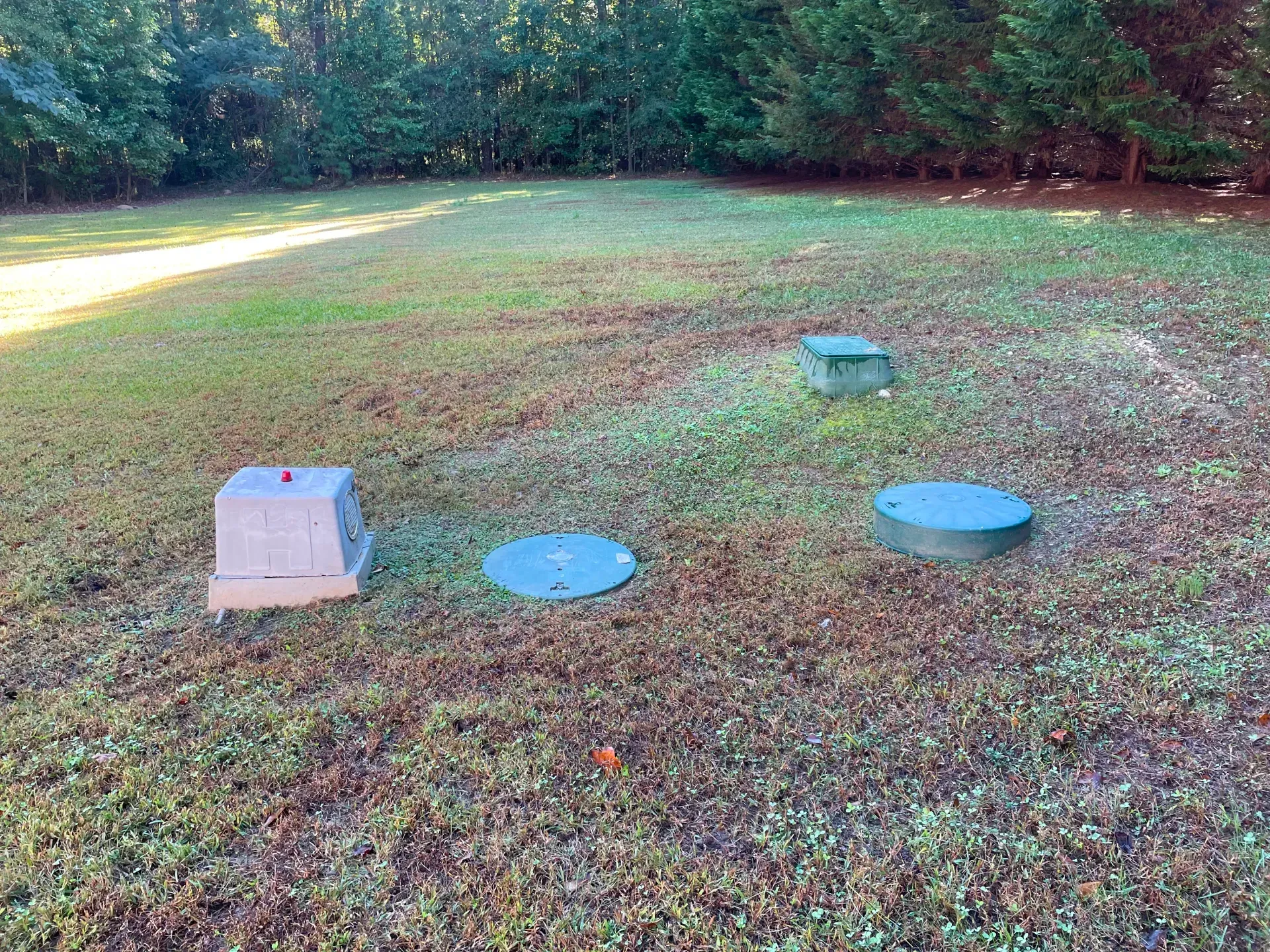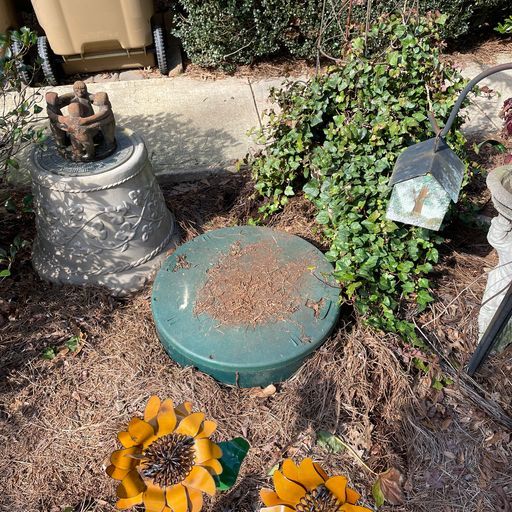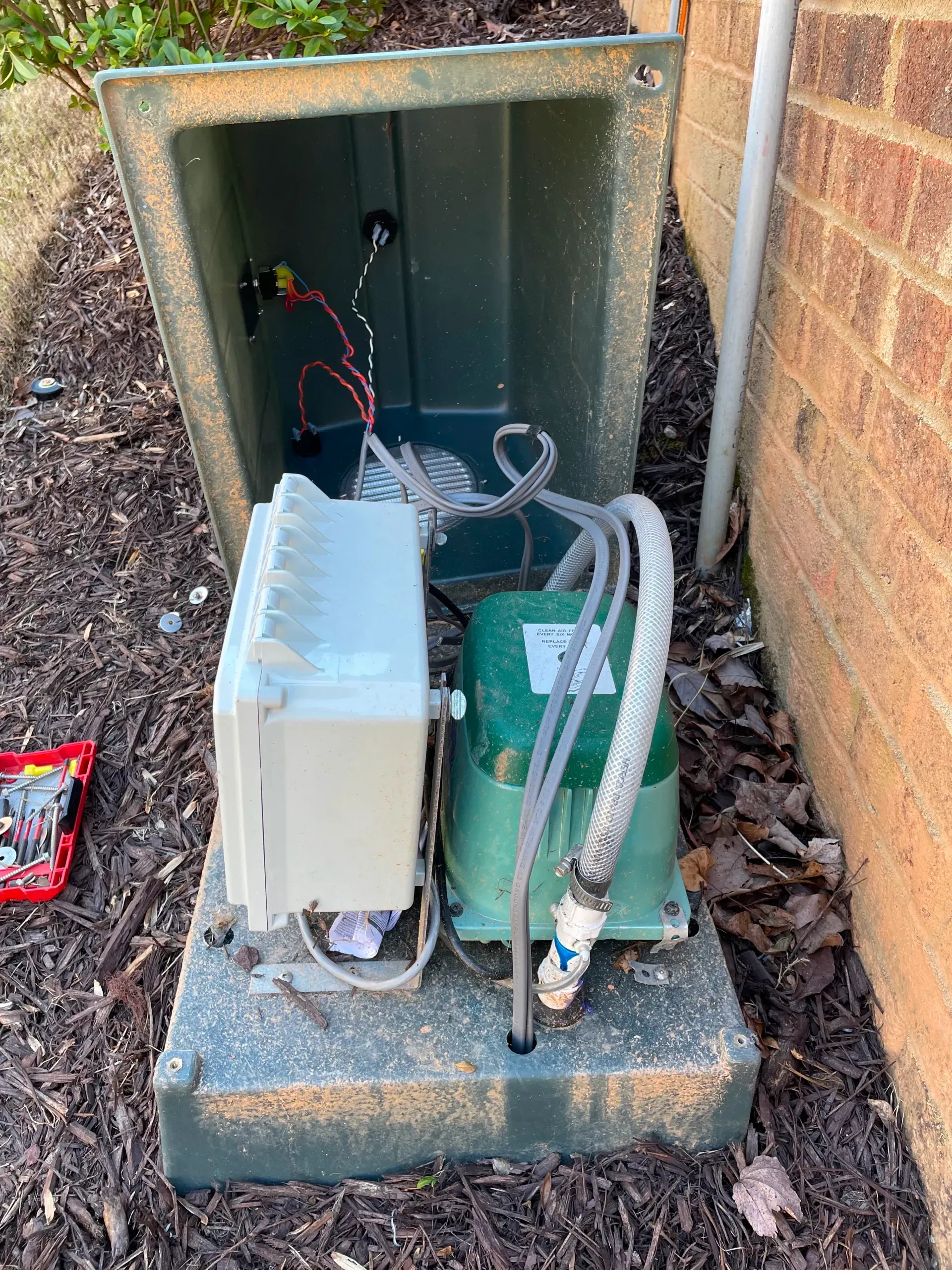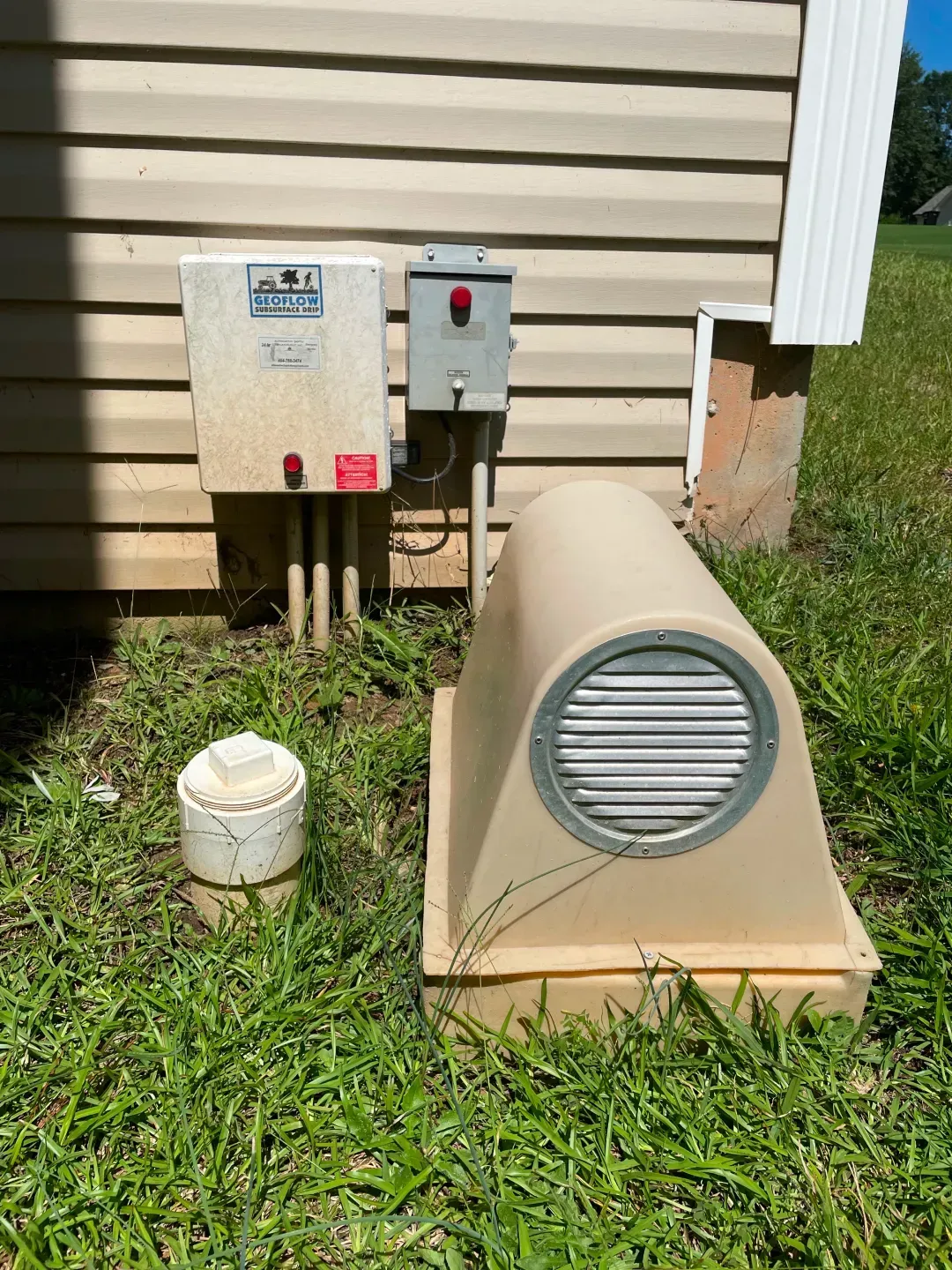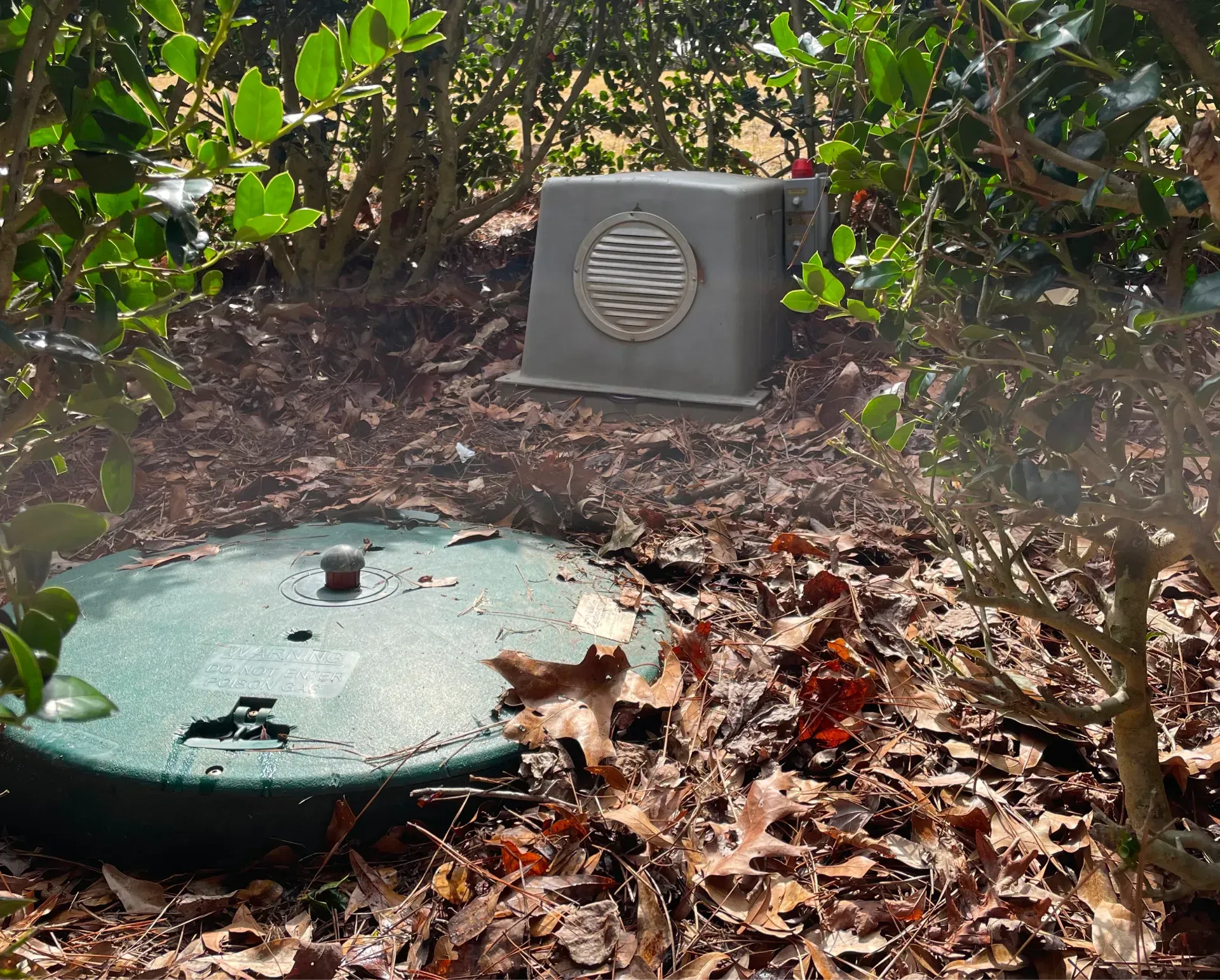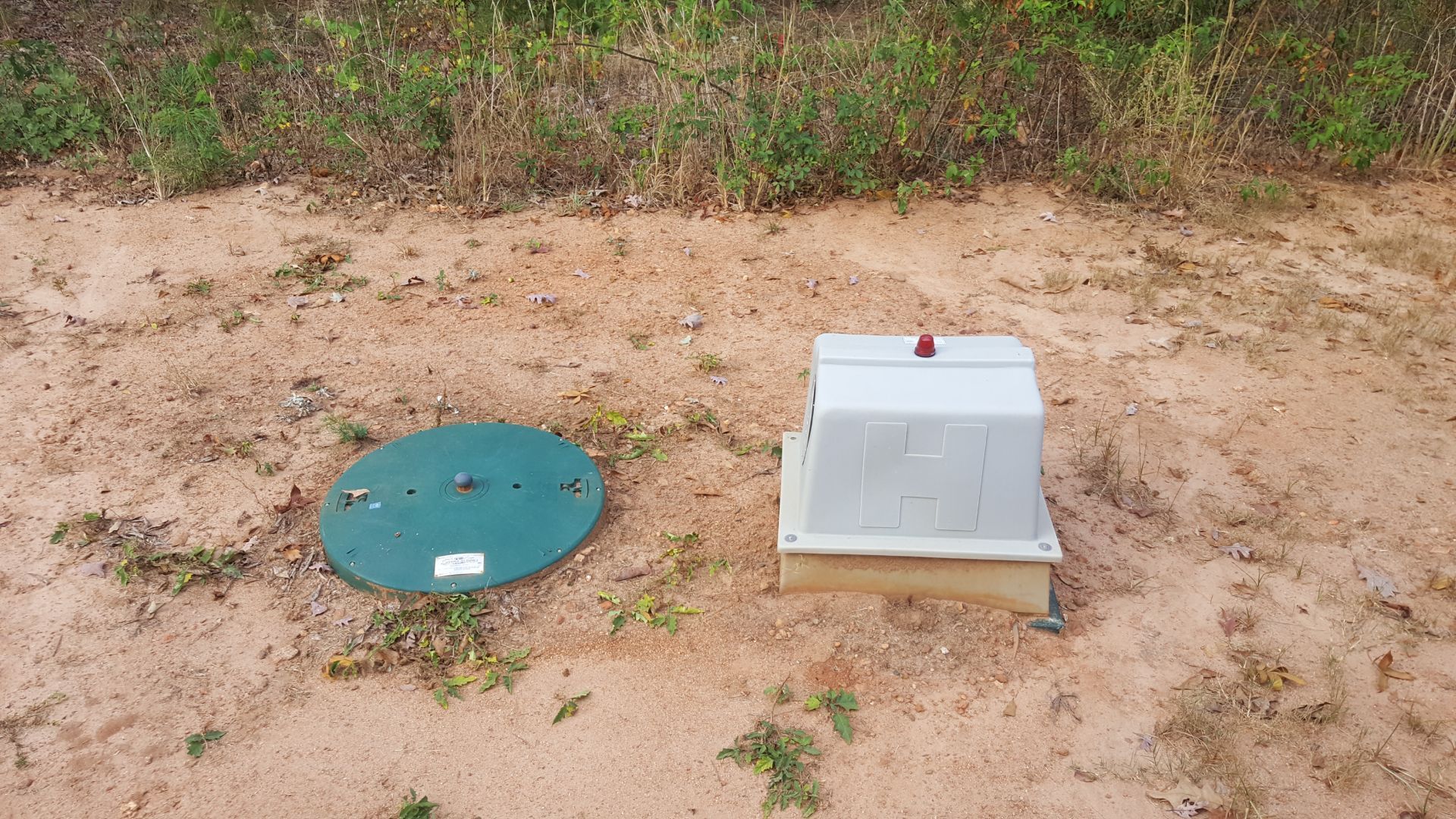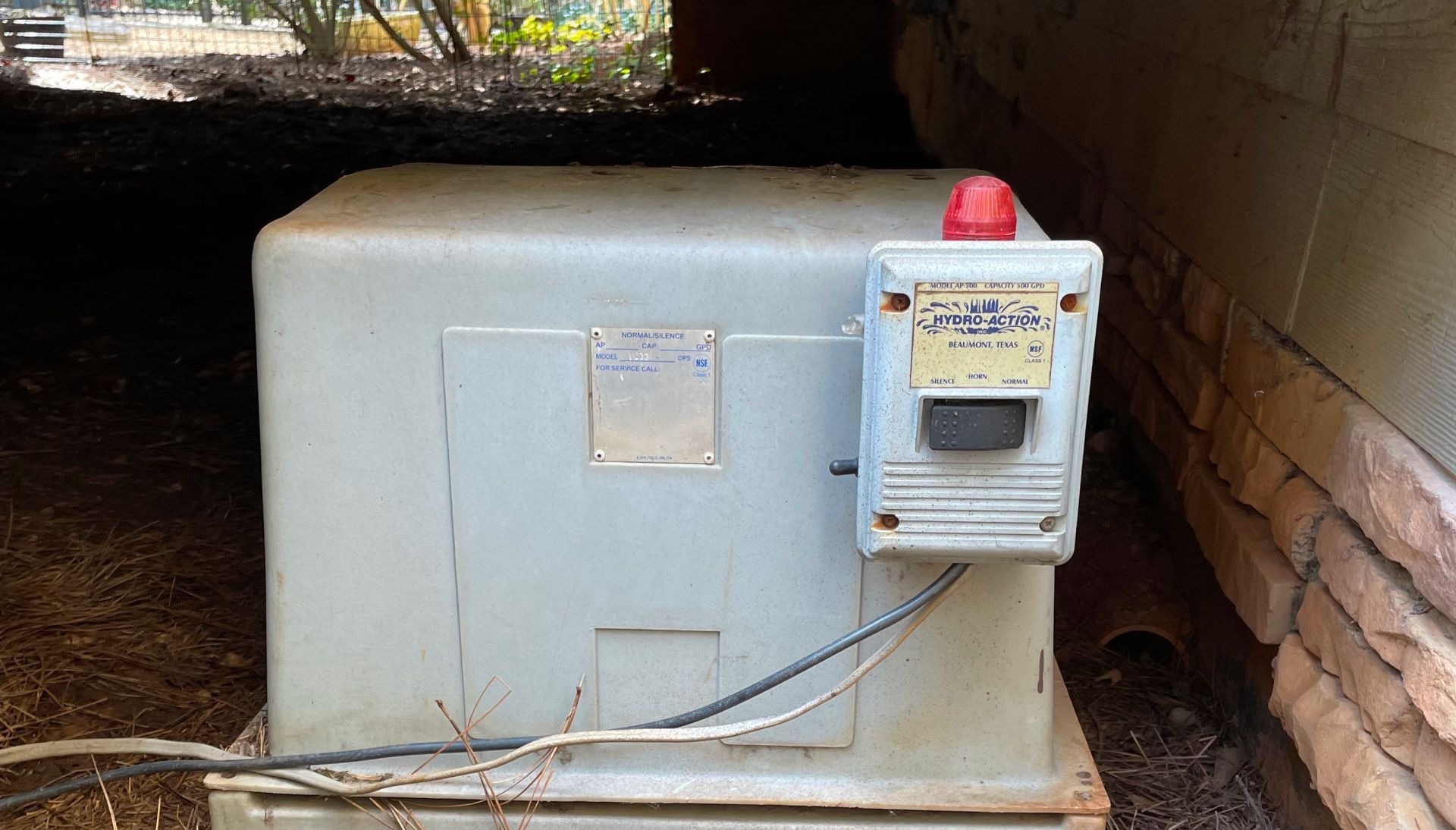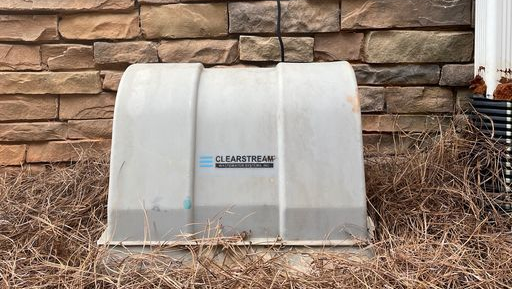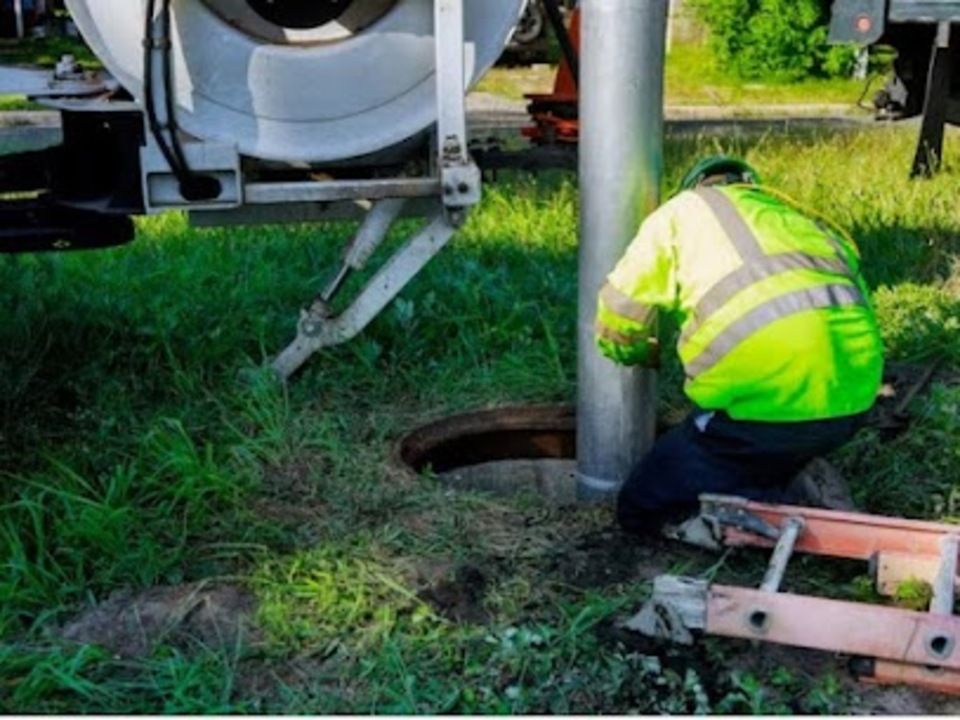Innovative Septic Solutions for Properties With High Water Tables
The Challenge of High Water Tables in Georgia
In many parts of Georgia, particularly coastal and low-lying regions, high water tables can pose a serious challenge for traditional septic systems. When the groundwater level is close to the surface, it limits the amount of unsaturated soil available for filtering and treating wastewater. This can lead to inefficient treatment, contamination of groundwater, and premature system failure. At Alternative Septic Management, we regularly work with property owners in these areas to identify more reliable, site-specific septic solutions that perform well in saturated conditions.
How High Groundwater Levels Affect Septic Systems
A properly functioning septic system depends on soil to filter and treat wastewater before it reaches the water table. In areas with high groundwater, there may be insufficient separation between the bottom of the drain field and the water table. This can allow partially treated effluent to enter the groundwater without proper filtration, increasing health and environmental risks.
Limitations of Traditional Drain Fields
Traditional drain fields are gravity-fed and rely on deep, permeable soils to treat and disperse effluent. In high water table areas, the soil is often saturated, which reduces its ability to absorb and treat wastewater. As a result, traditional systems may struggle to perform effectively and are at risk of surface discharge or system backups.
Risks to Water Quality and System Failure
Insufficient treatment of wastewater can lead to the contamination of local groundwater supplies, which are often used for drinking water. It can also harm nearby streams, lakes, and wetlands. A failing septic system may cause wastewater to back up into the home, create foul odors, and lead to costly repairs or replacement. In many cases, these failures can also result in regulatory penalties for non-compliance.
Signs Your Property May Have a High Water Table
Understanding the signs of a high water table is important for selecting the right septic system. Homeowners should be aware of environmental and operational cues that suggest groundwater may be too close to the surface.
Common Indicators Include:
- Persistent wet soil or standing water: If your yard frequently has standing water or soggy soil, even when it hasn’t rained, it could be due to a high water table.
- Systems that back up during wet seasons: Seasonal backups in toilets or drains often indicate that the drain field is overwhelmed by saturated soil.
- Unusual odors near the tank or drain field: Persistent smells may suggest that the effluent is not being adequately absorbed and treated.
Why Traditional Septic Systems Often Fail in These Conditions
When high water tables interfere with normal septic operation, conventional systems simply aren’t equipped to handle the environmental stress.
Lack of Separation Between Effluent and Groundwater
Conventional septic systems rely on several feet of unsaturated soil to safely treat effluent. In high water table conditions, the effluent may come into direct contact with groundwater before it is fully treated, increasing the risk of contamination.
Increased Risk of Contamination and Regulatory Violations
Untreated or partially treated wastewater can introduce pathogens, nutrients, and other pollutants into the environment. This is not only a health hazard but also a violation of Georgia Department of Public Health guidelines, which require that septic systems protect both public health and the environment. Non-compliance can result in fines or mandatory upgrades.
Aerobic Treatment Units (ATUs) as a Better Solution
Aerobic Treatment Units (ATUs) offer an advanced alternative to traditional septic systems, especially in areas with high water tables. These systems use oxygen to promote the growth of aerobic bacteria, which are more efficient at breaking down waste.
How ATUs Are Designed for Saturated Soil
ATUs are engineered to treat wastewater before it ever reaches the soil. By adding oxygen to the system, they support the growth of aerobic bacteria that digest organic material more completely than the anaerobic bacteria in standard septic tanks.
Treat Effluent More Thoroughly
The effluent produced by an ATU is significantly cleaner than that from a conventional system. This allows it to enter the soil with much lower pollutant levels, reducing the risk of contamination.
Reduce Strain on Limited Drain Field Area
Since ATUs pre-treat the wastewater, the soil doesn’t have to work as hard to complete the treatment process. This is particularly important in areas where the usable drain field area is small or the soil is marginal.
Compatible With Shallow or Mound Systems
ATUs can be combined with mound or pressure-dosed systems that elevate the drain field above the natural grade. This provides an extra buffer between the treated effluent and the high water table, ensuring safe dispersal.
Alternative Septic Management’s Approach to High-Water Solutions
At Alternative Septic Management, we specialize in septic solutions tailored to the unique challenges of Georgia properties. Our comprehensive approach ensures every system is designed for optimal performance.
Site Assessments and Soil Analysis
We begin each project with a detailed site assessment, including soil percolation tests and evaluation of the seasonal high water table. This data is critical for determining the best system for your property.
Custom System Design With ATUs
Using the results from our assessments, we design custom systems that incorporate ATUs and other advanced technologies as needed. Each design is tailored to the site’s constraints and complies with all Georgia regulations.
Installation of Mound or Pressure-Dosed Systems
When soil conditions demand it, we install mound or pressure-dosed systems that elevate the dispersal area and provide better control over effluent flow. These systems are ideal for overcoming the limitations of high water tables.
Ongoing Inspections and Maintenance Services
A properly maintained septic system is essential for long-term performance. We offer maintenance programs that include regular inspections, performance checks, and system servicing to ensure your system remains effective.
Benefits of Upgrading in High Water Table Areas
Modern septic technologies offer a number of advantages for homeowners facing high water table conditions.
Environmental Safety
By treating wastewater more effectively, advanced systems protect local groundwater, wetlands, and drinking water supplies from harmful contaminants.
Long-Term System Reliability
ATUs and properly designed dispersal systems reduce the risk of backups and extend the lifespan of your septic system, saving you money in the long run.
Compliance With Georgia Department of Public Health Standards
Our systems are built to meet or exceed all applicable codes and standards, giving you peace of mind that your system is fully compliant and environmentally responsible.
Ready To Solve Your Septic Challenges?
At Alternative Septic Management, we provide cutting-edge septic system solutions for even the most challenging soil and groundwater conditions in Georgia. Contact us today to schedule an assessment and find out how an ATU system can protect your property and improve system performance. Call 404-788-3474 or visit our website today.

